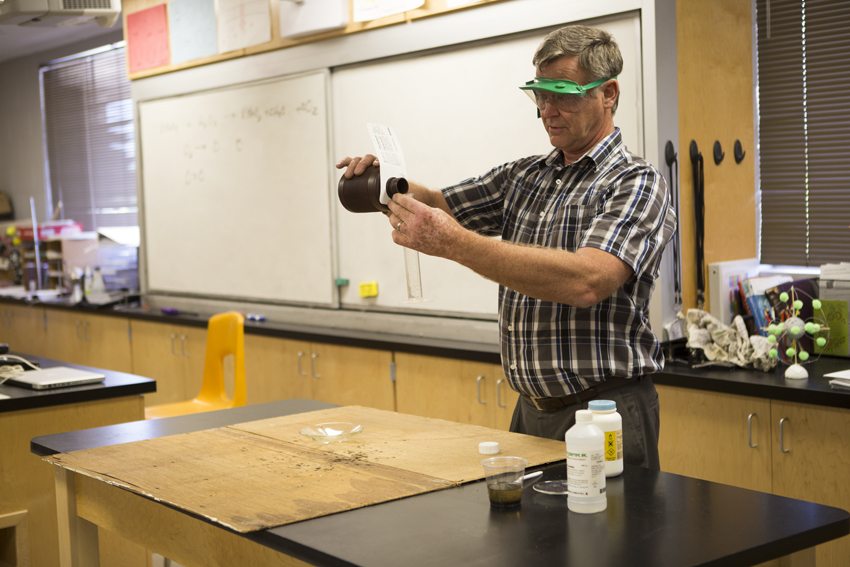Students find class challenging but rewarding

Students walked into their block period chemistry class ready to work. Chemistry teacher Scott Bucher passed out the instruction sheet for the lab titled “Types of Chemical Reactions.”
Bucher explained that the purpose of the lab was to help students predict some general chemical reactions and observe them react. Students took part in observing four reactions during class, using a variety of different materials from sodium chloride to copper chloride.
Graduating college with a degree in physical science, Bucher attended Biola University for his bachelor’s and then received his masters from Fresno Pacific University. He teaches the campus chemistry and physics classes. Bucher calls chemistry the “central science” because of its importance in every other study of science.
“Chemistry is called the central science,” Bucher said. “What that means is that every other science needs chemistry to function. Doctor (Karen) Walters can’t teach biology without the students knowing chemistry. Life is based on chemistry and everything that takes place in biology which deals with living things has chemical reactions.”
Challenged by the material, Keegan Bloom, ‘18, enjoys learning about concepts of chemistry and participating in the labs. Chemistry is not helping Bloom with the career he wants to pursue, but he believes it is an important subject to learn about in high school.
“Chemistry is definitely a lot of work,” Bloom said. “The teacher does challenge you with the concepts and properties of chemistry. The differences between biology and chemistry is that chemistry focuses more on compounds and substances. Biology is more about studying animal and plants.”
Bucher acknowledges that some students struggle with chemistry, but finds the class to be rewarding to those who overcome the class’s difficulty. Bucher warns his students the first day of what will be required of them to do well in the class.
Chemistry is fun because of the labs, demonstrations and explosions. Chemistry is also challenging for the students. However, when something is challenging and you master it, you feel better than if it’s easy and you master it. For most students, chemistry pushes them. I tell my chemistry students the first day of school that they will have to memorize things, they will have to understand principles and apply them. — Scott Bucher
“Chemistry is fun because of the labs, demonstrations and explosions,” Bucher said. “Chemistry is also challenging for the students. However, when something is challenging and you master it, you feel better than if it’s easy and you master it. For most students, chemistry pushes them. I tell my chemistry students the first day of school that they will have to memorize things, they will have to understand principles and apply them.”
Chemistry student, Anthony Diaz, ’19, finds the science to be a challenging class. He enjoys participating in the labs and experiments but finds some of the concepts as challenging and hard to understand.
“Chemistry is very in depth,” Diaz said. “I am not planning to major in a science, but chemistry is helping develop problem-solving skills. I do enjoy the experiments and labs we do in class. Chemistry does take time to learn and some of the concepts are challenging.”
Through studying chemistry, Bucher sees God’s handiwork. However, Bucher also sees the struggles and challenges chemistry brings on some students. He believes that this struggle helps the students develop important problem-solving skills that other classes can not provide for the student.

“Anytime you learn how to think through problems, that’s valuable,” Bucher said. “Most students who take chemistry are never going to go into a career that uses chemistry. Even those who go into a career in chemistry, for instance, a doctor is going to learn particular skills and forget the rest of chemistry.
“However ability to work hard, to be able to grasp the concepts and to memorize things,” Bucher continued. “Those apply to problem-solving everywhere. Chemistry is where you learn how to solve problems in a different way than you would in almost any other class.”
Amazed by the science behind chemistry, Kathryn Blankenship, ’17, thoroughly enjoyed participating in the chemistry labs. Blankenship enjoys the science because it gelled with her way of thinking.
“I would describe chemistry as the study of matter,” Blankenship said. “I really enjoy because it accounts for everything. It’s cool to see how everything works on such a small scale. My favorite part of chemistry was balancing equations because it was like a little puzzle for my mind. I really enjoyed the labs, but the lab reports not so much. It’s amazing how God works things out and how he has made everything out of these tiny particles.”
For those interested in majoring in a science, Bucher recommends taking as many science classes in high school as possible. If a student does not like a particular science, Bucher reminds them that there are many fields of science to study. Students also need to have an understanding of math and be willing to work hard to understand scientific concepts.
For more articles read, Wes Moore reaches audience through humor, relatable message.
This writer can be reached via Twitter: Samuel Cross and via email: Samuel Cross.





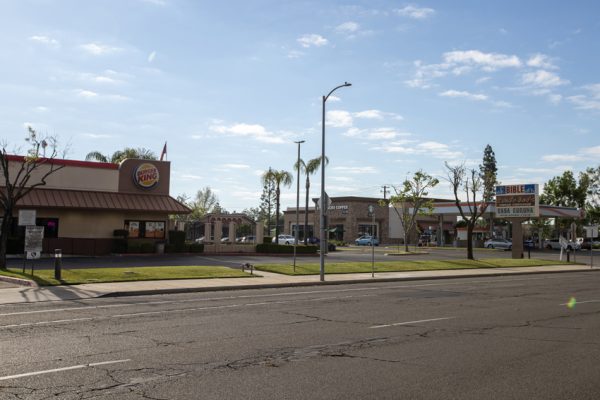


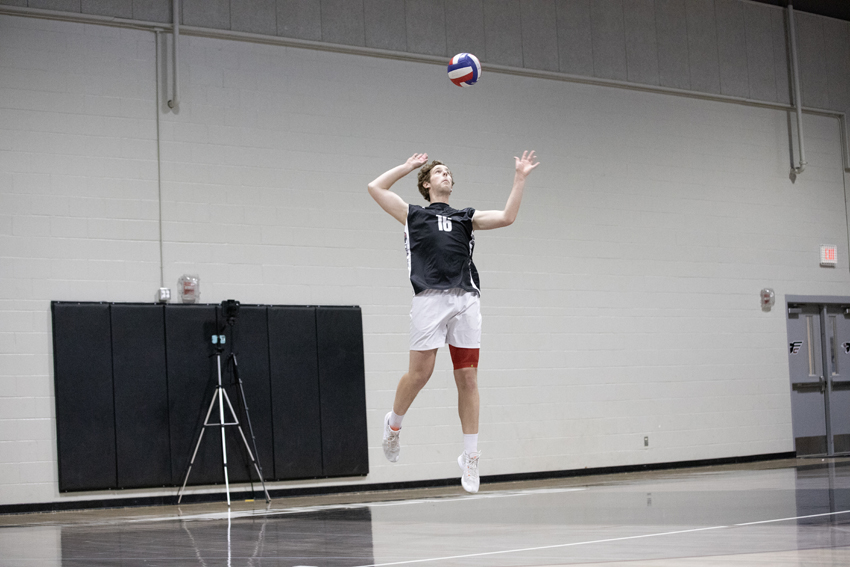
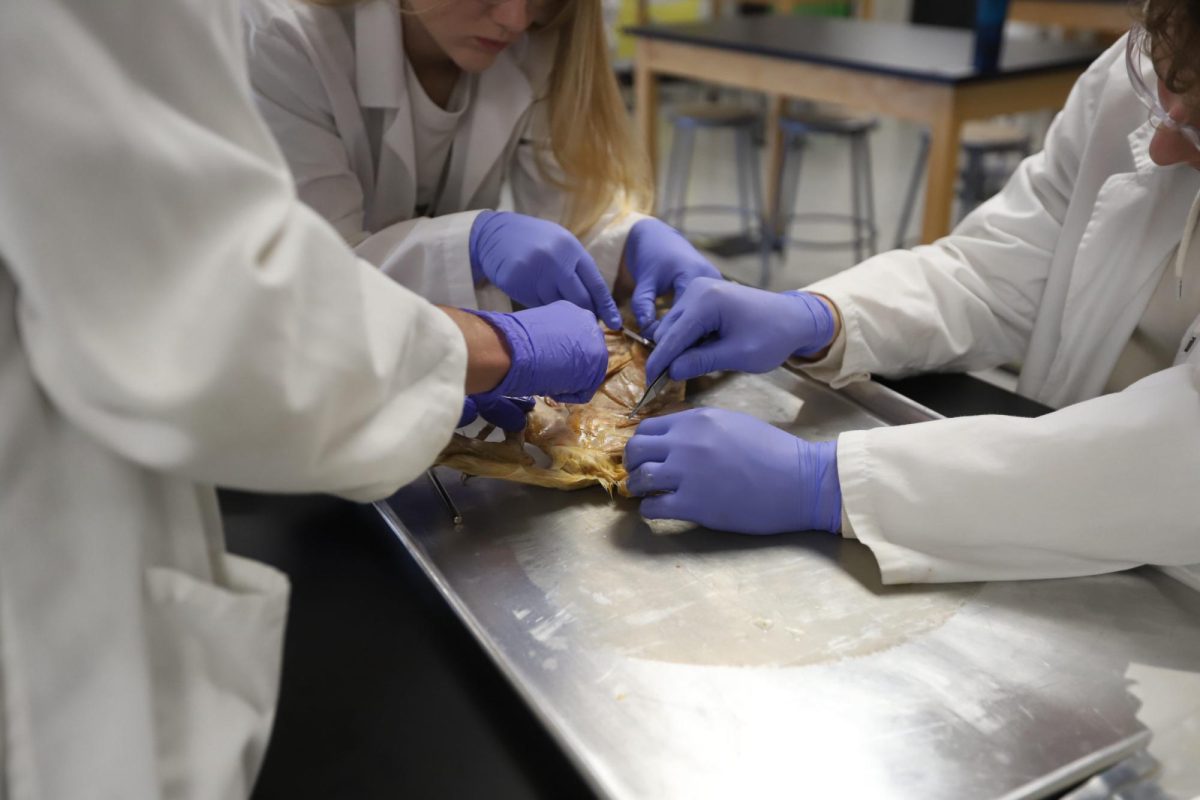
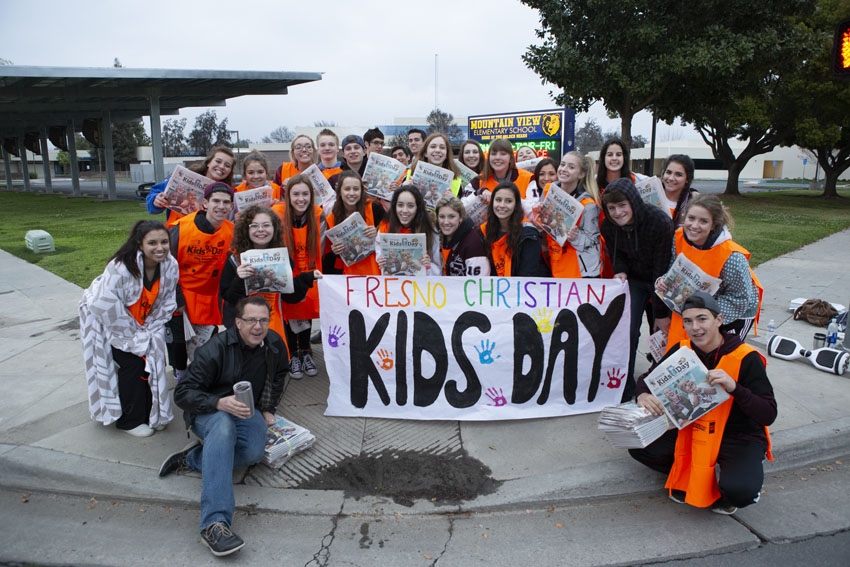
![[Video] 100th CSPA Spring Journalism Conference](https://thefeather.com/wp-content/uploads/2024/04/20240308-cspa-crown-002.jpg)
